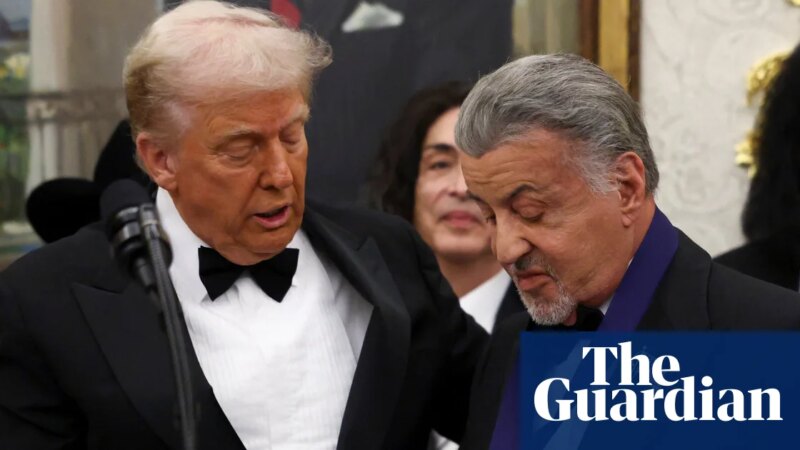US judge bars Trump administration from cutting off University of California funds | US news
A federal judge has blocked the Trump administration from withholding federal funding and threatening hefty fines against the University of California amid the administration’s attempts to coerce elite US universities into adopting and promoting conservative ideals.
US district judge Rita Lin of San Francisco issued the preliminary injunction late Friday, saying the government was not allowed to demand payments from the California school system over the administration’s claims that it violates civil rights by allowing antisemitism and practising affirmative action.
In her ruling, Lin said that the plaintiffs – who include UC faculty, researchers and students – have submitted “overwhelming evidence” illustrating the Trump administration’s “concerted campaign to purge ‘woke,’ ‘left’ and ‘socialist’ viewpoints from our country’s leading universities”.
Lin ruled that the government had a “playbook of initiating civil rights investigations” at universities in order to cut federal funding, “bringing universities to their knees and forcing them to change their ideological tune”.
In July, the Trump administration froze $584m in federal funding for the University of California, Los Angeles, while accusing the university of discrimination and violating civil rights over its handling of the 2024 pro-Palestinian protests on campus. The administration claimed UCLA was “acting with deliberate indifference in creating a hostile educational environment for Jewish and Israeli students”.
In October, the administration proposed a deal to nine prominent universities in the US that promised funding in exchange for schools imposing policies and changes that included banning race or sex as considerations in admissions and hiring and removing departments that “purposefully punish, belittle and even spark violence against conservative ideas”.
While the University of California school system was not offered the deal, the University of Southern California – a private institution – was.
California’s governor, Gavin Newsom, responded to the offer with a warning that any California universities that signed Trump’s proposed settlement would lose their state funding.
Democracy Forward, a progressive legal advocacy group, called the Trump administration’s efforts to influence policy at universities “strong-arm tactics”.
“This is not just a harmful attempt to stifle speech, it is a betrayal of the constitution and a dangerous step toward autocracy,” the group said in a statement.





